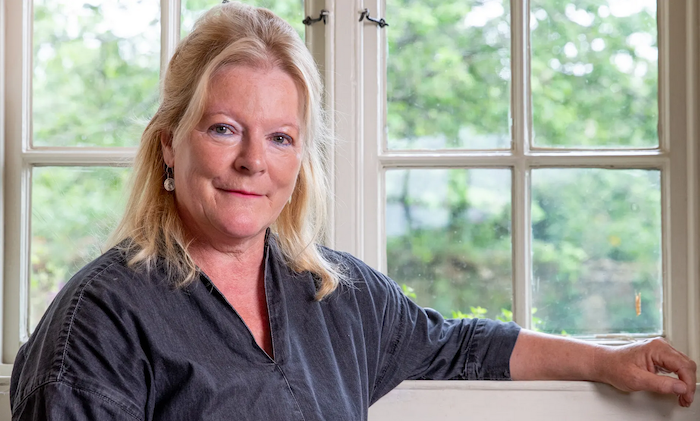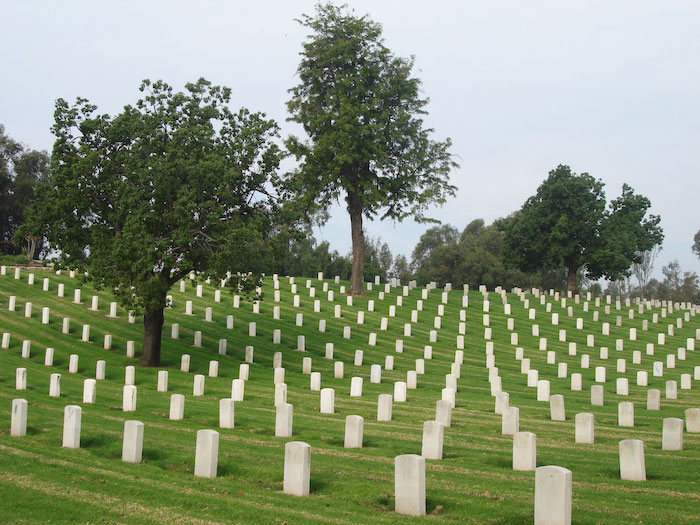By Susan Ducharme Hoben, Author of Dying Well: Our Journey of Love and Loss
We may intellectually accept that death is normal and inevitable, but it doesn’t feel that way when it comes knocking on your door. My family was forced to come to grips with mortality when my husband Bruce was diagnosed with an aggressive stage 4 cancer.
While we may think of bereavement as happening after someone’s death, for us it started when we accepted that Bruce was dying. That acceptance allowed us to focus our energies on achieving the peaceful end-of-life experience that he wanted. On Bruce’s journey I learned many powerful life-affirming lessons about finding gratitude in the face of death.
Here are 7 lessons that can bring peace and even a sense of joy to what appears to be the most heart wrenching experience we can ever face.
1. Know what a peaceful end-of-life experience means
At the end of life most of us want to have closure. We want to share our stories and wisdom, say meaningful goodbyes, know that our life had meaning, that we will be remembered, and that our loved ones will be ok. It’s important to describe what that looks like in your personal situation and what matters most to you at the end. Having goals and working towards them will provide an important feeling of purpose and achievement for everyone involved.
2. Manage the fear of the unknown
If you have not thought about death, fear of the unknown can lead to anxiety and distress. Bruce’s fear of not being able to breathe was calmed when he learned that morphine would control shortness of breath. We didn’t know that the body has an orderly shutdown process that makes it predictable what will happen and when. Knowing what to expect and what can ease the end-of-life journey will help everyone feel more confident and prepared.
3. Remove barriers to getting the desired care
Our healthcare system can result in end-of-life care that is aggressive, expensive and not aligned with patient preferences. Avoiding painful and unwanted treatments requires constant championing. Having an advocate working on your behalf to ensure your decisions are honored will provide a much-needed feeling of control.
4. Take a real walk down memory lane
Bruce and I visited his hometown where he retold the stories of his childhood standing in the places where they actually happened. Reminiscing about these fond memories brought the joy of those past moments into the present. Encouraging loved ones to share stories will also help affirm that their life mattered and will always be present in the hearts of the ones still here.
5. Gather family and friends to celebrate a life well-lived
Bruce was the guest of honor at his own “Irish Wake” where family members shared laughter and tears as they told stories of their time together. His colleagues roasted him with funny anecdotes and heartwarming tributes of what he meant to them. Gathering with family, friends and colleagues demonstrated to Bruce that his life had profound meaning, and that he would be remembered. Their outpouring of love and respect stayed with him until the end and will stay with me for the rest of my life.
6. Recreate treasured times together
We took our children and grandchildren to a beach house for a week, allowing Bruce (and us) to do the things he loved to do. Every afternoon we reflected on joyous moments of the day, recalling memories and emotions from many happy times spent near the ocean. The memories themselves, as well as the sharing of them, brought all of us joy and comfort.
7. Leave nothing left unsaid
We all want to die without regrets. Ideally we would do that by living without regrets. But if there is a need to make amends or acknowledge what someone has done for you, it’s vital to do that before you run out of time. Our minister told Bruce and I to use these words liberally: I forgive you. Please forgive me for any ways we may have hurt each other. Thank you for your presence in my life. I love you. You can use any words that feel right for you, as long as they impart a sense of love, compassion and resolution.
Grief is a normal and important part of coping with death. However, there are ways we can soften its sting, and even welcome and embrace joy and celebration. The most powerful antidote to grief is being grateful for a life well-lived and for the people who supported and affirmed us.
With Bruce setting the tone, we helped him live fully to the very end. His last two-and-a-half months were some of the most celebratory, peaceful, and intimate we had shared during our forty-six years together. The feeling of gratitude, years later, has not abated for me, his family or his friends, and has provided a powerful and healing path for future generations to come.
Complete Article ↪HERE↩!







